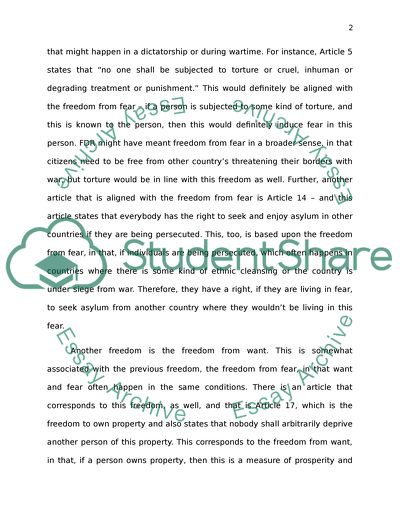Cite this document
(“History Essay Example | Topics and Well Written Essays - 1000 words - 4”, n.d.)
History Essay Example | Topics and Well Written Essays - 1000 words - 4. Retrieved from https://studentshare.org/history/1487295-history
History Essay Example | Topics and Well Written Essays - 1000 words - 4. Retrieved from https://studentshare.org/history/1487295-history
(History Essay Example | Topics and Well Written Essays - 1000 Words - 4)
History Essay Example | Topics and Well Written Essays - 1000 Words - 4. https://studentshare.org/history/1487295-history.
History Essay Example | Topics and Well Written Essays - 1000 Words - 4. https://studentshare.org/history/1487295-history.
“History Essay Example | Topics and Well Written Essays - 1000 Words - 4”, n.d. https://studentshare.org/history/1487295-history.


